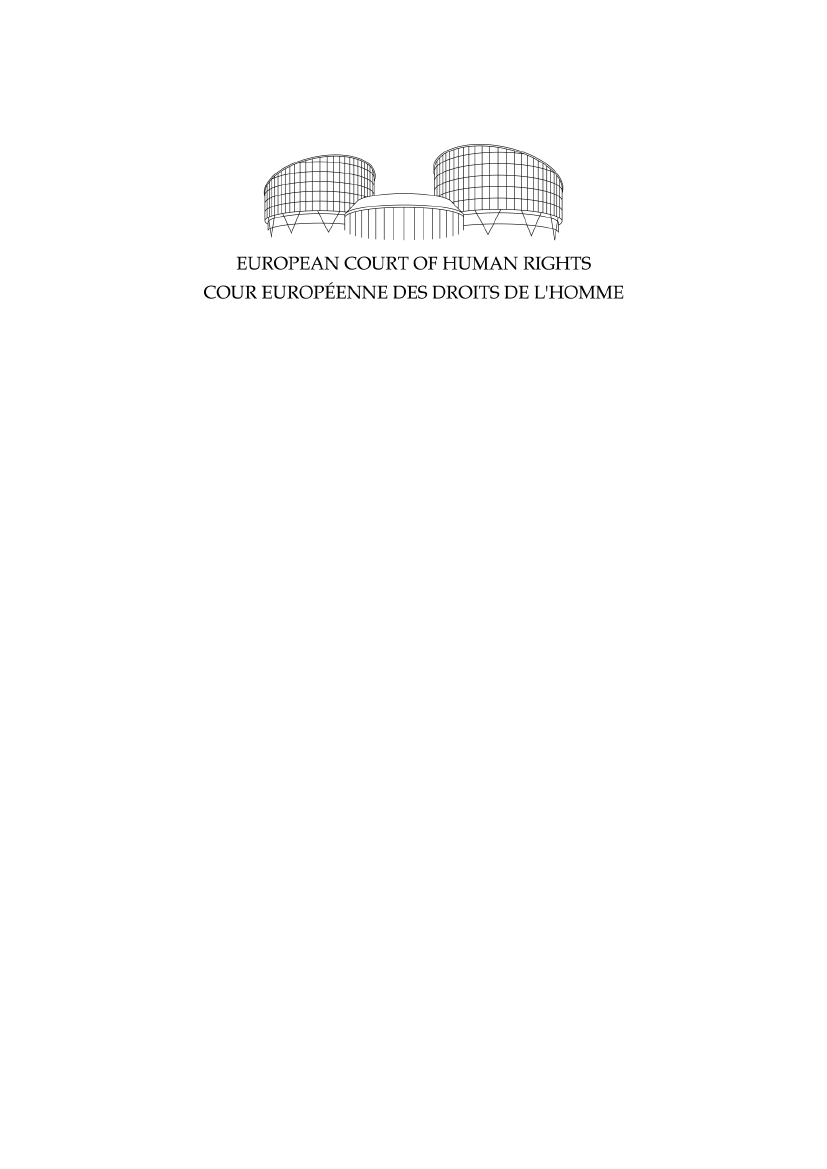
g Integrationsudvalget 2022-23 (2. samling),Udlændinge- og Integrationsudvalget 2022-23 (2. samling),Udlændinge- og Integrationsudvalget 2022-23 (2. samling)
GRAND CHAMBER
CASE OF TĂNASE v. MOLDOVA
(Application no. 7/08)
JUDGMENT
STRASBOURG
27 April 2010